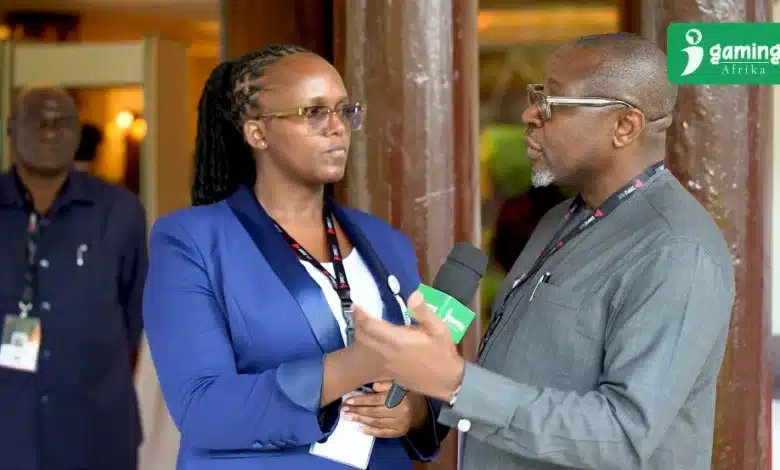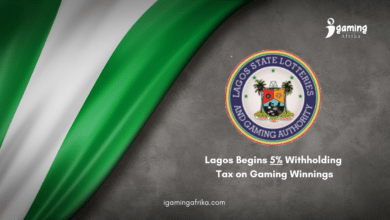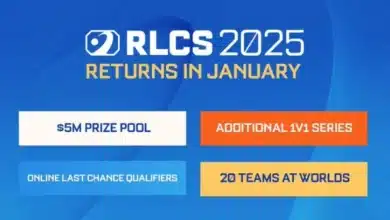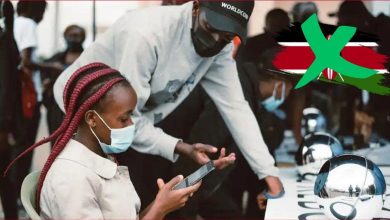Insights into the Gaming Industry Growth and Challenges in Nigeria with Bashir Are, CEO of Lagos Lotteries and Gaming Authority

We had the pleasure of chatting with Bashir Are, CEO of Lagos Lotteries and Gaming Authority (LSLGA), to discuss the current state of the gaming industry in Nigeria. With his wealth of experience and expertise, Bashir shared valuable insights on the licensing requirements, technological advancements, and challenges facing the industry.
He praised the efforts by the Nigerian government to promote fintech and broadband penetration to facilitate online gaming.
Bashir mentioned that AML policies are crucial in preventing money laundering and terrorist financing. The EFCC (Economic and Financial Crime Commission) requires operators to obtain a certificate before opening a bank account.
He also expressed positive hopes for blockchain and cryptocurrency trends in gaming, stating, “The federal government is studying it before implementing regulations.” he stated. “As time goes on, they will unveil a policy that every other industry can follow, including the gaming sector.”
Read Also: Notice Of Public Hearing For Bookmaker And Totalisator License Applications
He further highlighted the challenge posed by illegal gaming operators who operate outside the regulatory framework and their efforts in addressing the challenge, “We’re trying our best to make sure we can cop that through restrictions on the internet, geo-fencing, and also trying to make sure they are not able to advertise within the country.”
Bashir explained that tax rates for gaming operators vary depending on compliance levels, ranging from 1% to 5%. The board is working to promote responsible gambling through advocacy programs, education, and CSR activities. Bashir also highlighted their efforts to prevent gambling among minors and promote CSR activities. Nigeria Gaming Bashir Are
When it comes to acquiring a license, Bashir explained that foreigners can own up to 80% shareholding in gaming companies, but they must meet local content requirements, which include a mandatory requirement for a minimum 20% shareholding by Nigerian citizens. He emphasized that the licensing process is straightforward, with a one-time payment of 50 million Naira for sports betting licenses and 10 million Naira for annual renewals.























